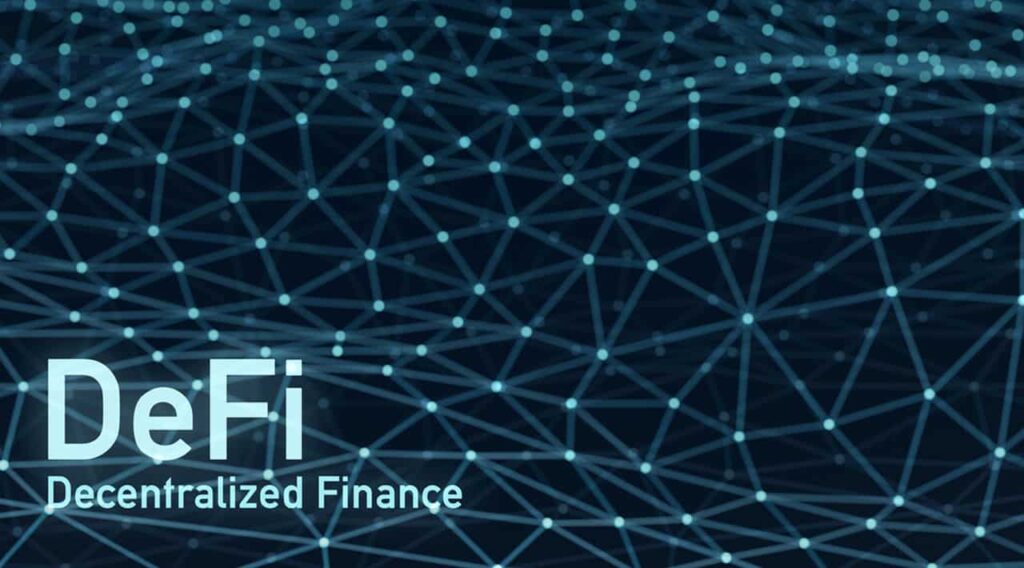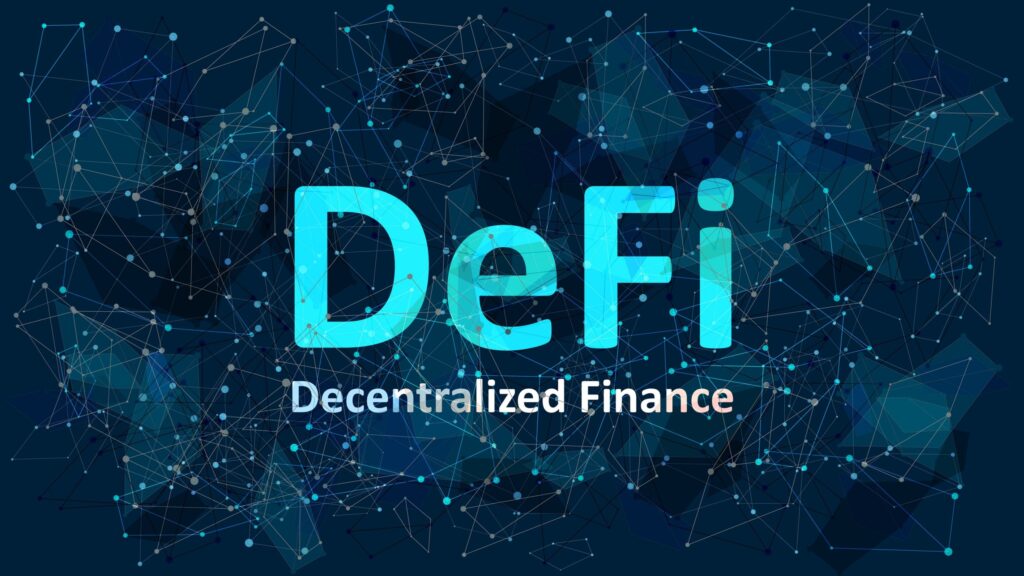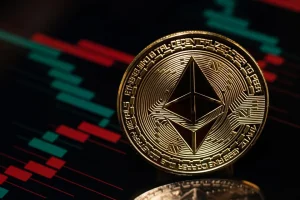WHAT IS DEFI AND HOW DOES IT WORK

WHAT IS DEFI AND HOW DOES IT WORK: DeFi stands for decentralized finance, the term used to describe financial applications built on cryptocurrency or blockchain to disrupt existing financial intermediaries.
A lot of people place DeFi under the category of blockchains and cryptocurrencies. However, this isn’t the only application DeFi has. To understand the motives that led to the development of decentralized finance, we must study the current status of the finance ecosystem.
A major inspiration for DeFi is blockchain, the technology that powers bitcoin, which allows multiple entities to hold copies of a history of transactions, which means the history isn’t controlled by a single entity. As a result, centralized systems and human gatekeepers can slow down transactions and offer users less direct control over their money. The difference between DeFi and its competitors is that it extends the use of blockchain beyond simple value transfer applications to more complex financial uses.
The goal of decentralization is achieved by using several technologies and protocols. It may contain open-source software, blockchain, and proprietary software, for instance. Fintech products are made possible by intelligent contracts that automate the agreement terms between buyers and sellers or lenders and borrowers. No matter the technology or platform used, DeFi systems are designed for the removal of intermediaries between parties engaged in a transacting relationship.
Despite the growth in trading tokens and money tucked away in smart contracts within its ecosystem, DeFi is an industry in its infancy with limited infrastructure. The industry is untouched by government oversight and regulations.
DeFi applications create traditional financial systems on the blockchain, like banks and exchanges. Most run on the Ethereum blockchain. … With DeFi lending, users can lend cryptocurrency just like a traditional bank does with fiat currencies and earn interest.
The availability of decentralized finance is enabled by the use of technology to disintermediate centralized models and offer financial services anywhere, to anyone, regardless of their ethnicity, age, or cultural identity. DeFi services and apps involve mostly public blockchain technologies, and they either retake existing offerings built on top of common technology standards or create new services unique to the DeFi community. Additionally, DeFi apps give users a greater sense of control over their money as users access wallets and trading services designed expressly for them, rather than for institutions.
HOW DOES IT WORK?
To function, DeFi must be powered by decentralized infrastructure. This is where the Ethereum blockchain fits in. Developing decentralized applications (DApps) on the Ethereum blockchain can be done without any prior programming experience.
While most of the protocols used by DeFi operate on Ethereum, some are now hosted on competing blockchains, such as the Solana network, to achieve greater speed and scale.
DeFi uses cryptocurrencies and smart contracts to provide services that don’t need intermediaries. In today’s financial world, financial institutions act as guarantors of transactions. This gives these institutions immense power because your money flows through them. Plus, billions of people around the world can’t even access a bank account.
The transaction is handled via a smart contract instead of a financial institution in DeFi. It is a type of Ethereum account that holds funds and can withdraw/refund them based on the conditions involved. Smart contracts are irreversible once they are life – they will always run as programmed.
It is possible to configure a contract to transfer money from Account A to Account B on a Friday basis to distribute allowance or pocket money. If Account A does not have the necessary balance, it will not be able to do so. The contract between Account C and the business can’t be changed and you can’t add Account C as its recipient.
In addition, contracts are open to inspection and audit by anyone. It follows, therefore, those bad contracts are usually detected fairly quickly.
Essentially, this means trusting the more technical members of the Ethereum community who can read code is currently required. Developers can be held accountable through the open-source community, but this will be less of an issue as smart contracts become easier to read and other methods of demonstrating trustworthiness are developed.
BENEFITS OF DEFI
- Owning your finances
Financial control remains in your hands when you use DeFi platforms. Despite having to deposit your funds onto the platform, you are in charge of what happens to them. A smart contract is used to qualify you for a loan or control your investments, rather than relying on human intermediaries.
- Improved transparency
A more open and accessible environment is enabled by DeFi. DeFi protocols are built on top of the Blockchain, a public ledger, so all activities are public. The accounts are not tied to anyone so anyone can view the transactions, but traditional banks do. Rather, the accounts give only their numerical addresses so any third party can see the transactions.
- Rates for investors
DeFi enables you to earn income in addition to keeping your wealth like a savings account. Deposit assets on platforms like Aave and Compound to lend them out to borrowers. Once the interest period has passed, you earn your interest and can return your capital to the system.





